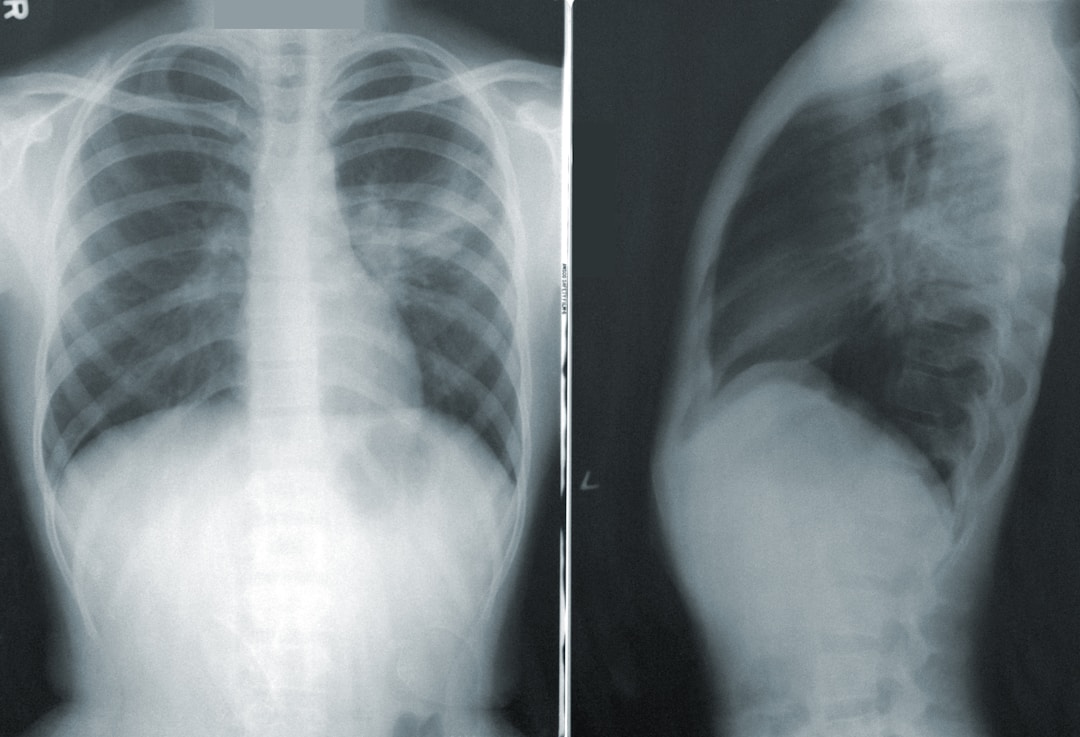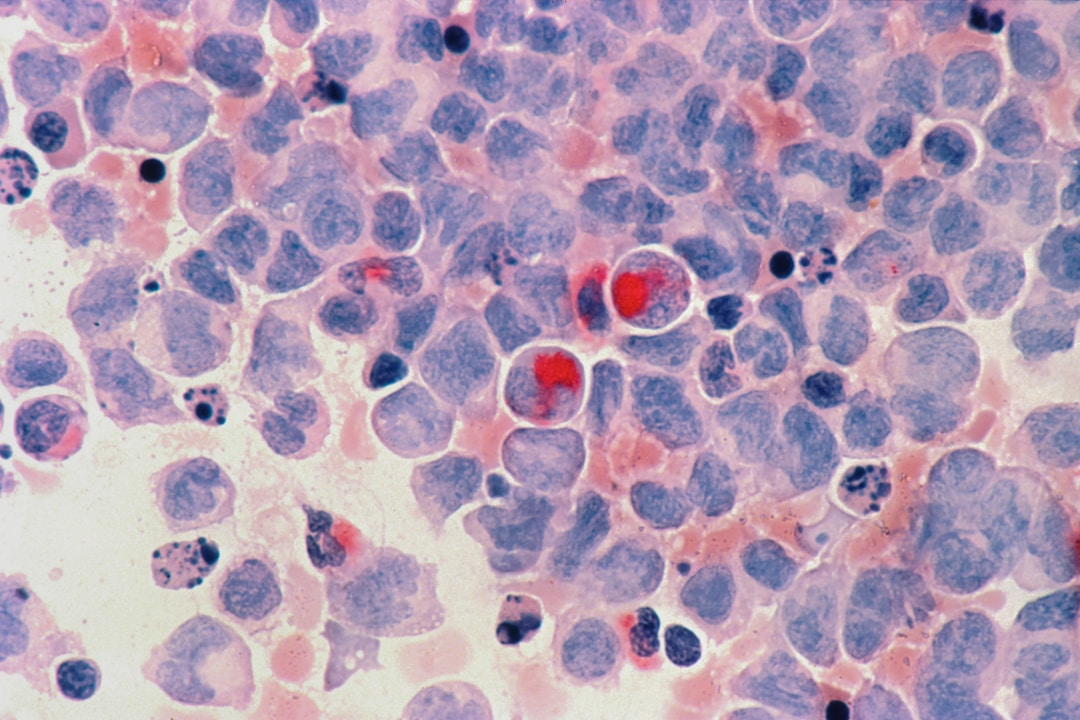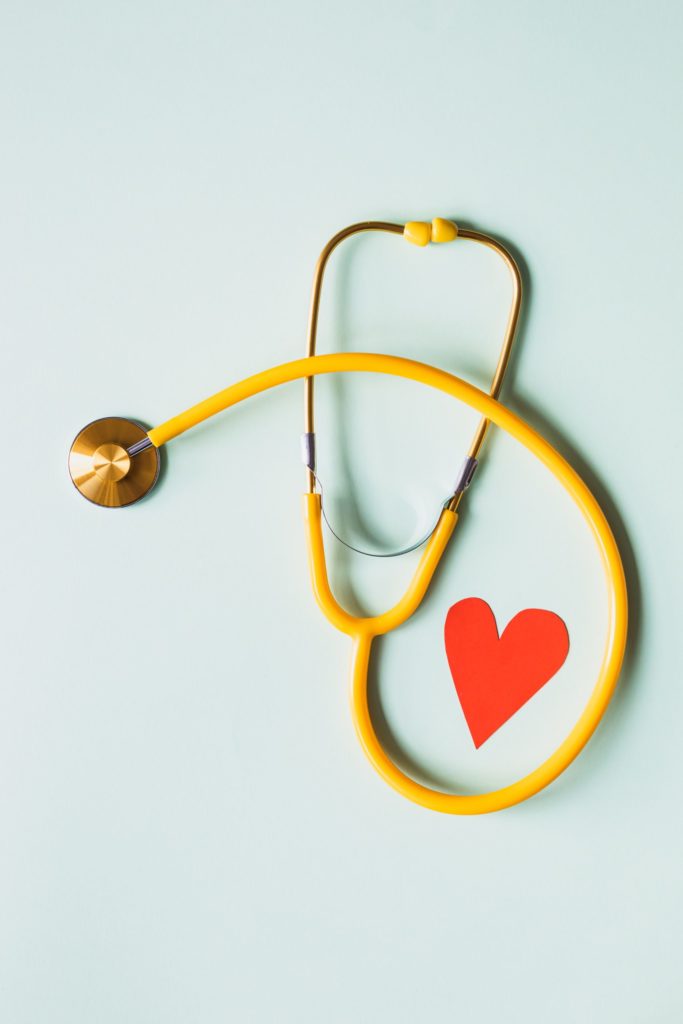Medical issues can impair your ability to work and complicate your life. Depending on the nature of your medical issues, you may need short-term help or long-term assistance. Your medical issues could also cause permanent disability.
There are multiple types of medical issues, including diseases, illnesses, and injuries. Understanding how these issues can impact your life begins with understanding what diseases and injuries are and how they differ. Let’s look at these medical issues in closer detail, how diseases differ from injuries, and why some patients may have legal grounds to pursue a lawsuit due to their health issues.
What are diseases?

People, plants, and animals can be affected by diseases. Diseases are medical conditions that impact the subject’s structure or keep part of their body from functioning correctly. Some diseases are genetic, such as Tay-Sachs disease, Huntington’s disease, and cystic fibrosis. Bacteria and parasites cause other diseases, such as cholera, bacterial meningitis, Lyme disease, and syphilis. Air pollution can also cause respiratory diseases such as chronic obstructive pulmonary disease (COPD) and lung cancer. Diseases such as emphysema typically stem from cigarette smoke.
Respiratory diseases can affect a person’s lungs, trachea, and pulmonary arteries. Common respiratory diseases include lung disease and asthma, while emphysema affects a person’s air sacs. Although amyotrophic lateral sclerosis (ALS) is a disease affecting the nervous system, it can compromise your chest wall by attacking the muscles in that part of your body. Patients do not recover spontaneously from diseases. They need medical treatment to manage or cure their disease.
What are injuries?

Injuries are physical impairments. Sports injuries, medical malpractice, workplace accidents, and car accidents affect millions of people each year. Some injuries are minor, while others cause permanent disabilities or death. Injury treatments could include medication, casts, occupational therapy, and physical therapy. Common injuries include traumatic brain injuries (TBIs), sprains, shin splints, broken bones, muscle tears, and cuts.
How do diseases differ from injuries?

Injuries are physical impairments resulting from a specific action. Diseases don’t always have an external cause, and diseases with external causes may take years to develop. For example, breathing asbestos fibers can cause mesothelioma, a type of cancer that can affect multiple organs, including your lungs, stomach, and heart. It can take decades for someone exposed to asbestos to develop mesothelioma. Diseases are physical conditions not caused by injuries or illnesses. Diseases can be diagnosed by medical professionals and comply with criteria established by medical experts.
How do diseases differ from illnesses?

There are multiple types of illnesses, including physical and mental illnesses and acute and chronic illnesses. Common illnesses include colds and the flu. Many physical illnesses resolve themselves within a few days, although severe illnesses such as bronchitis and pneumonia may require hospitalization and long-term treatment. Diseases produce specific systems based on the characteristics and severity of the disease. Illnesses can produce physical symptoms or make people feel unwell. Although some diseases can be cured with treatment, diseases can’t be managed or cured without medical treatment. People may recover from some illnesses without medical care.
Do your health issues give you legal grounds for a lawsuit?

If you’ve watched network television, there’s a good chance you’ve seen a legal advertisement appealing to people with specific medical conditions or injuries. A personal injury lawyer can offer legal services to people with mesothelioma or other diseases. Injury attorneys also offer to represent people who’ve been injured in a car accident.
You could pursue a lawsuit if another party caused your disease or injuries. Review the Personal Injury FAQs to determine if you have a case. A personal injury attorney will fight for you to receive fair compensation for medical expenses and loss of income stemming from your medical condition.
A disease is a medical condition that must be treated and managed by medical professionals. Injuries vary from minor cuts to life-altering injuries. Some people recover without medical care, while others require surgery, medications, and long-term medical treatment.








